Wine bottles and laundry containers could be worth money as recycling scope increases
WINE bottles and hard plastic containers should be added to container deposit legislation, which should also double from 10c to 20c, the state’s environmental cleanup body says.
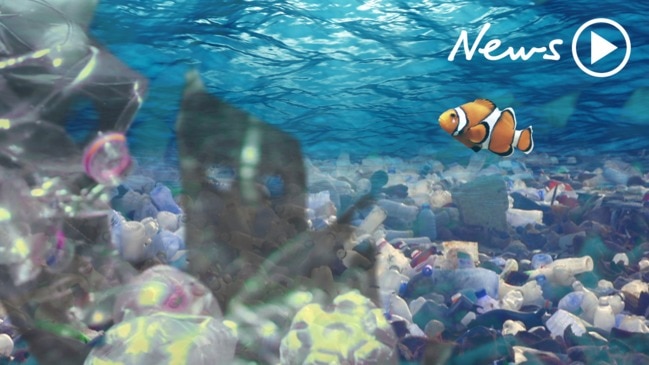
- What China’s rubbish ban means for you
- Recycling dumped into landfill as councils struggle
- SA Government announces $12m support package
WINE bottles and hard plastic containers – including milk and laundry liquids – should be added to container deposit legislation, which should also double from 10c to 20c, to increase the quality of recycling, the state’s environmental cleanup body says.
Environment Minister David Speirs has not ruled out the radical changes, which are being encouraged by KESAB executive director John Phillips.
But the state’s wine industry says it is strongly opposed to any efforts to bring its products within the scope of container deposit legislation.
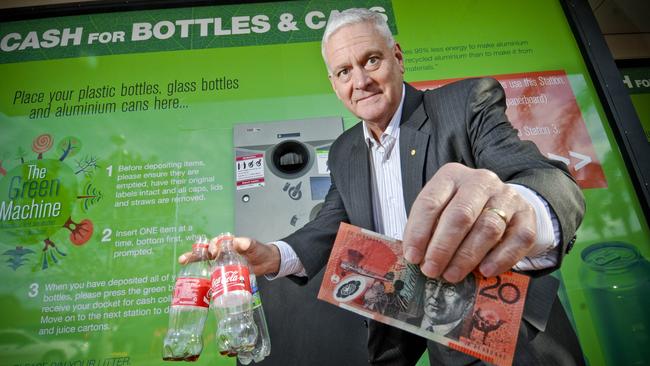
But Mr Phillips who has been a key driver of the environmental agency since the late 1980s, said the container deposit legislation was no longer just about preventing littering.
It could now also be used as a tool that would help improve the recycling stream, although he believes adding wine bottles may be too difficult politically. “Container deposit was about litter and it has evolved now to be about recycling.’’ he said. Around 700,000 tonnes of waste is picked up from SA kerbsides each year. Almost half is classified as “residual waste” which ends up in landfill, 190,000 tonnes is in organic green bins and 143,000 tonnes is recycled.
Today’s SA Weekend magazine examines the ever-growing problem of worldwide waste, the fallout from the decision by China to drastically reduce the amount of rubbish it takes and how SA businesses can benefit in the long run.
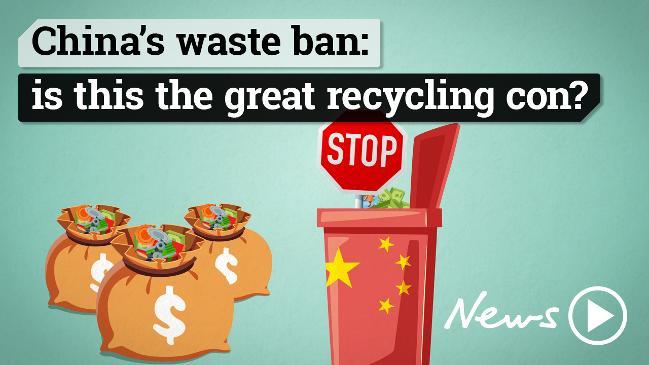
Mr Phillips believes SA has to transition to the “circular economy’’ – re-using as much discarded material as possible and seeing waste as a resource, rather than just rubbish, and making it into a new product. Taking glass, such as wine bottles, out of yellow-topped recycling bins would reduce contamination of paper and cardboard, while adding value to items such as laundry containers will lead to more being returned, rather than being thrown away.
“That might seem far-fetched but if you want to maximise recovery and you want to build socio-economic scale when it comes to small business and new business, you have to capture as much as you can,’’ he said.
Container deposit legislation covers items such as beer bottles, flavoured milk containers, plastic water bottles and cans and bottles.
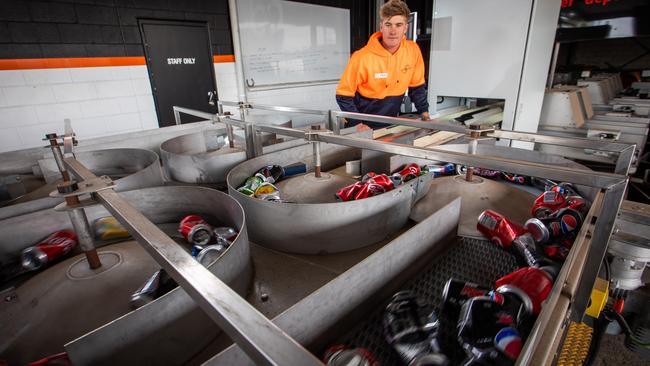
In 2016-17, 587 million containers were recovered across the state’s 132 recycling depots, which is an overall return rate of 80 per cent.
Mr Phillips said it was also time to increase the deposit rate of 10c per item for the first time since 2004 to 20c.
“Is 10c the value these days? Would you bend over and pick 10c up? It could be two years, it could be five years, but 20c is the obvious way to go.’’
Mr Speirs, the State environment minister, would not rule out adopting either measure.
“The South Australian Government is keen to maintain its long held position as leader in waste management, as such we are open minded to any reforms which reduce waste,’’ he said.
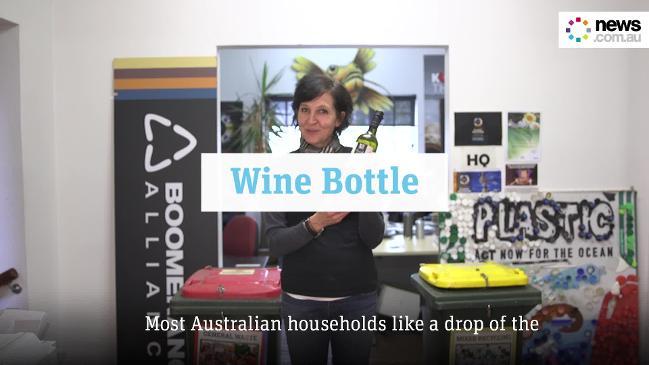
However, Brian Smedley, the chief executive of the South Australian Wine Industry Association, said he would fight any move to introduce a deposit on wine bottles.
“I would go straight to the government to seek an explanation,’’ he said, “It (the exemption of wine bottles from the legislation) has been a long-standing argument that has been put to and accepted by numerous governments.
“Mr Smedley said such a move would increase costs across the wine industry, although he could not say by how much - the numbers had not been done on such a move as it had not been deemed necessary.”
“However, Brooke Donnelly, chief executive of the Australian Packaging Covenant Organisation, an industry body with almost 1000 members including companies such as food producers Nestle and Simplot, said “reviewing the scope of the container deposit legislation is a worthy discussion’’.
“Broadening the remit to include additional product packaging could be an interesting next step in the future,’’ she said.”
